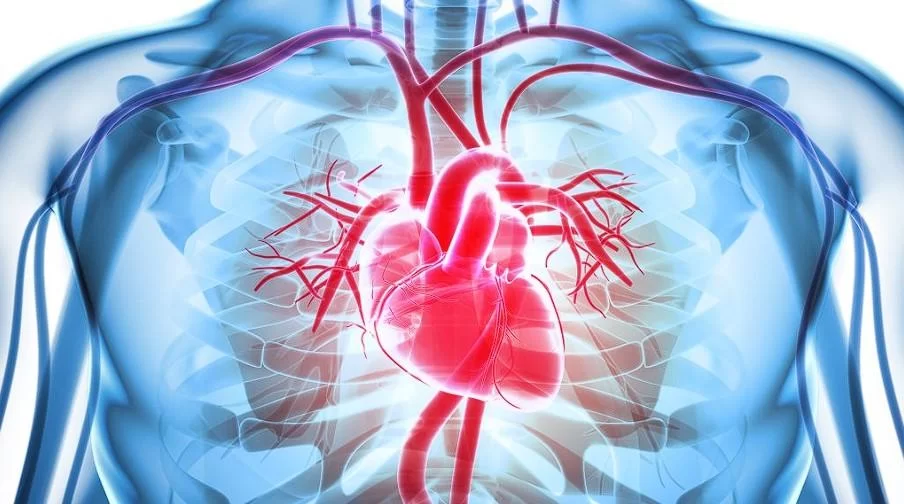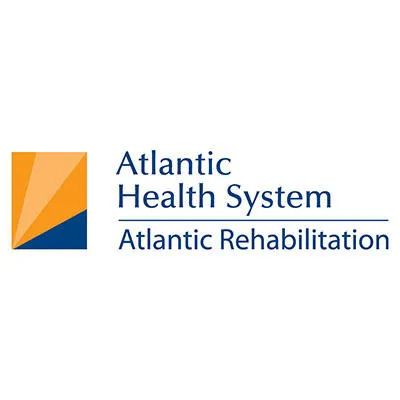- Cardiovascular-Fitness-Tests-Overview
- Importance-in-Heart-Disease-Prevention
- Types-of-Cardiovascular-Fitness-Tests
- Real-Life-Applications-and-Case-Studies
- Integrating-Test-Results-into-Heart-Health-Strategies
- Finding-Supportive-Resources-and-Services
1. Cardiovascular Fitness Tests: What They Are and Why They Matter
Cardiovascular fitness tests are diagnostic tools designed to evaluate the heart’s ability to supply oxygen-rich blood to muscles during physical activity. These tests assess how well the cardiovascular system performs under stress, providing critical information on overall heart health and functional capacity. Understanding your cardiovascular fitness is especially important for those at risk of or managing heart disease, as it offers measurable insights into cardiac function, endurance, and recovery.
The relationship between heart disease and cardiovascular fitness is complex but essential. A strong cardiovascular system reduces the likelihood of cardiac events, while poor fitness can signal underlying problems or increased vulnerability. Regular fitness testing helps identify risks early and guides targeted interventions.

1.1 The Role of Cardiovascular Fitness in Heart Disease Management
Maintaining good cardiovascular fitness improves heart muscle strength, blood circulation, and metabolic efficiency. These factors collectively reduce blood pressure, control cholesterol levels, and prevent atherosclerosis progression. Cardiovascular fitness tests enable healthcare providers to personalize treatment plans, ensuring safe and effective management for patients with existing heart conditions or those seeking preventive care.
Atlanta Heart Specialists
atlanta heart specialists
4375 Johns Creek Pkwy #350, Suwanee, GA 30024, USA

2. Why Cardiovascular Fitness Tests Are Crucial for Heart Disease Prevention
Heart disease remains the leading cause of death globally, largely driven by lifestyle factors and undetected cardiovascular impairments. Cardiovascular fitness tests serve as early warning systems, revealing diminished cardiac function before symptoms manifest. This early detection allows individuals and clinicians to implement lifestyle changes or medical treatments that can dramatically reduce risks.
2.1 Early Identification of Risk Factors
Fitness tests can uncover hidden issues such as reduced exercise tolerance, irregular heart rhythms, or impaired oxygen uptake. Recognizing these signs early is key to preventing the progression of heart disease.
2.2 Motivation for Lifestyle Adjustments
Knowing one’s cardiovascular fitness score often motivates positive changes. For instance, patients who see improvements in test results tend to stay committed to heart-healthy habits like exercise and diet modifications, reinforcing prevention efforts.
3. Common Types of Cardiovascular Fitness Tests and Their Specific Roles
Several cardiovascular fitness tests are widely used in clinical and fitness settings, each with unique benefits and applications. Understanding these tests helps individuals and practitioners choose the most suitable evaluations.
3.1 Treadmill Stress Test
The treadmill stress test measures heart function during controlled exercise. It monitors heart rate, blood pressure, and electrical activity (via ECG) to detect abnormalities or ischemia. This test is invaluable for patients with suspected coronary artery disease or exercise-induced symptoms.
3.2 VO2 Max Test
The VO2 max test assesses the maximum oxygen consumption during intense exercise, reflecting cardiovascular endurance. It is a gold standard for measuring aerobic fitness and can help tailor rehabilitation or fitness programs.
3.3 Step Test and Six-Minute Walk Test
These simpler tests evaluate cardiovascular response to submaximal exertion, offering accessible options for broader populations, including older adults and those with limited mobility.
4. Real-Life Applications and Case Studies Demonstrating Impact
Consider the case of Maria, a 62-year-old woman with a family history of heart disease. After experiencing mild chest discomfort, she underwent a treadmill stress test which revealed early signs of coronary artery narrowing. With this insight, Maria adopted a comprehensive lifestyle program including diet changes and tailored exercise, resulting in improved test outcomes and reduced cardiac risk.
Another story involves Mark, an avid runner who wanted to assess his heart health. His VO2 max test not only confirmed excellent cardiovascular fitness but also highlighted areas to optimize his training safely. These examples illustrate how cardiovascular fitness tests provide personalized data that influence decisions and improve heart health outcomes.
4.1 Expert Analysis on Test Interpretation
Interpreting test results requires professional expertise to contextualize findings within individual health profiles. Cardiologists and exercise physiologists collaborate to ensure that cardiovascular fitness data translates into actionable care plans, minimizing risks while maximizing benefits.
5. How to Use Cardiovascular Fitness Test Results for Better Heart Health
Once you have fitness test results, the next step is integrating this information into a sustainable heart health strategy. This involves:
5.1 Personalized Exercise Programming
Results help design exercise regimens that improve heart function without undue risk. For example, if a test shows reduced exercise tolerance, low-intensity aerobic activities might be recommended initially.
5.2 Monitoring Progress and Adjusting Treatment
Regular retesting allows for tracking improvements or identifying new concerns. This feedback loop supports ongoing motivation and adaptation of heart disease management plans.
5.3 Combining Fitness Testing with Other Assessments
Integrating cardiovascular fitness tests with cholesterol screenings, blood pressure monitoring, and lifestyle evaluations provides a comprehensive picture of heart health, ensuring holistic care.
6. Accessing Reliable Heart Health Products and Services
For those seeking specialized equipment, expert consultations, or heart health monitoring tools, HeartCare Hub offers a carefully selected range of products and services. Whether you need fitness trackers, cardiac rehabilitation programs, or dietary supplements, HeartCare Hub helps you find trusted solutions tailored to your heart health needs.
Combining professional cardiovascular fitness testing with resources from HeartCare Hub can empower individuals to take control of their heart disease risk and promote lasting cardiovascular wellness.






















Deborah Heart and Lung Center
deborah heart and lung center
200 Trenton Rd, Browns Mills, NJ 08015, USA